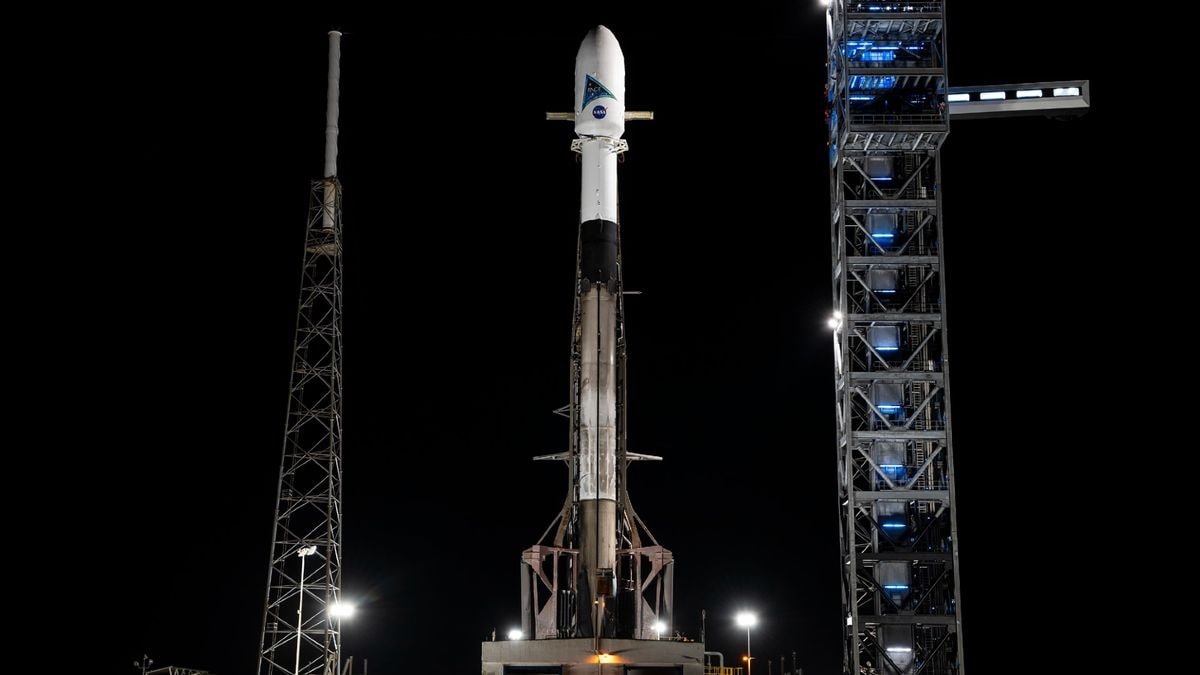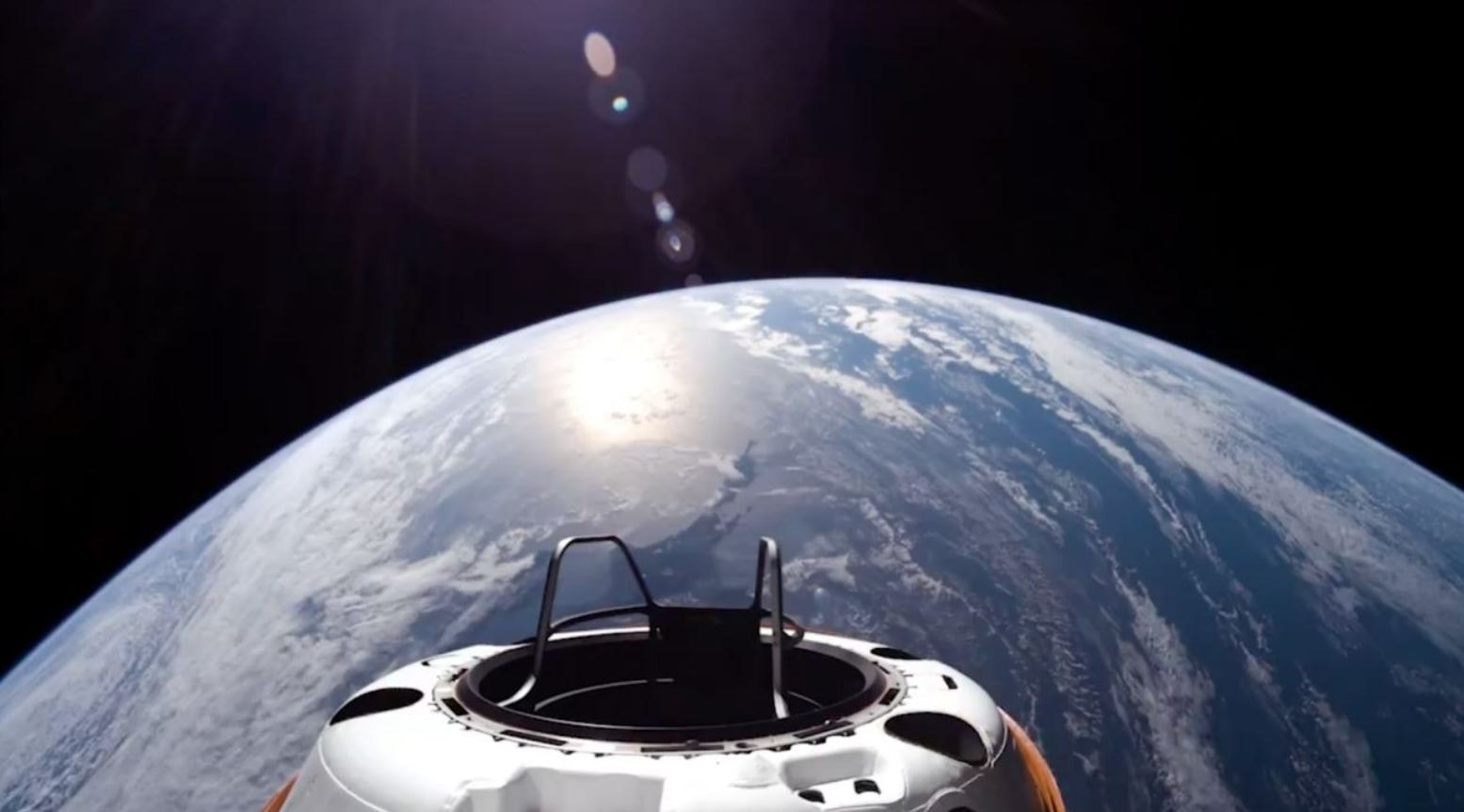Radiation from Elon Musk's Starlink satellites could crash systems
As the number of satellites around the Earth increases, so does the risk of radio interference, a growing concern for researchers, according to a new study. 
Starlink satellites are “potentially blinding” radio telescopes with the waves they emit, according to Dutch scientists.
Researchers from the Netherlands Institute for Radio Astronomy (ASTRON) conducted two observing sessions using the world's largest LOFAR (Low Frequency Array) radio telescope, Euronews reported.
Equipped with a special antenna and receiver, radio telescopes detect and study radio waves emitted by various objects in space, such as stars, galaxies and nebulae.
But according to a new study published in Astronomy & Astrophysics, scientific observations could be compromised by electromagnetic radiation from an increasing number of satellites.
“We started a program with LOFAR to monitor unwanted emissions from satellites in different constellations, and our observations show that second-generation Starlink satellites emit stronger emissions than first-generation satellites, and do so over a wider range of radio frequencies,” said ASTRON's Cees Bassa, the study leader, in a statement.
32 TIMES MORE
The second-generation Starlink satellites produced by Elon Musk's SpaceX leak 32 times more unwanted electromagnetic radiation than the first-generation satellites.
Electromagnetic radiation from satellites (UEMR) is 10 million times brighter than the weakest astrophysical sources, Bassa said.
“As SpaceX launches about 40 second-generation Starlink satellites every week, this problem is getting worse and worse. There seems to be a huge potential shortage here,” he added.
SpaceX currently has more than 6,300 working satellites in orbit. The company plans to double that number and has requested permission for another 30,000 satellites.


























